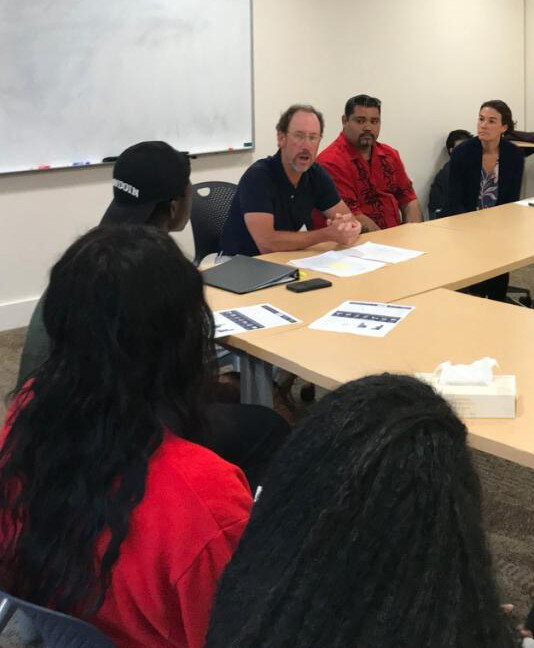Attorney Wood recently consulted on and was a signatory (as MACDL’s representative) to an amicus brief in Commonwealth v. Sweeting-Bailey. This brief by a coalition of civil rights groups explains why gang databases are artificial racist constructs and unreliable indicators of criminal behavior. Therefore, the fact that someone has been placed in a gang database should not be a basis for reasonable suspicion that he or she has committed a crime. Read the brief here.
Every attorney at Wood & Nathanson is motivated to advance racial justice. It is a central focus of what we do. We thought we would take a moment to outline some of our work in this area. We have brought litigation challenging racism in traffic stops, stop and frisk, jury selection and the school to prison pipeline. Racism pervades the criminal justice system and we will not stop challenging it.
This week, the Boston Globe reported on a series of cases that Wood & Nathanson attorney Christopher Post has been working on for the past several years, along with parallel litigation by Attorney James McKenna. New information proves that misconduct at the Hinton Drug Lab was wider than previously known. This information came to light because of Attorney Post’s relentless push both to obtain the internal emails of the Office of the Inspector General (‘OIG’) and then his fight to make them public. Read the emails here.
In the past week, Wood & Nathanson has helped strike two significant blows for freedom in cases involving police arrests and searches of motorists. Wood & Nathanson alumna Attorney Claire Ward convinced the Supreme Judicial Court to rule that the police must have reasonable suspicion that a suspect is both armed and dangerous before pat frisking them. Also, Attorney Wood and a team of ACLU lawyers drafted an amicus brief that helped convince the SJC to rule for the first time that police cannot routinely impound and search the car of an arrested motorist when a sober, qualified driver is available to take possession of the car.
Today, the SJC heard argument in Commonwealth v. Tykorie Evelyn, an important case regarding police stops in so-called “high crime” areas where residents may seek to avoid contact with the police out of nervousness or fear, not consciousness of guilt. As co-chair of the MACDL Amicus Committee, Attorney Wood was proud to help pull together and assist a great team from Foley Hoag consisting of Anthony Mirenda, Neil Austin, Rachel Hutchinson, and Ned Melanson. Their brief powerfully argues, among other things, that nervousness or lack of engagement by a black teenager during a police encounter is not indicative of criminality. You can read the brief here.
In honor of Wrongful Conviction Day (Oct. 2), Attorney Wood and Boston College Prof. Charlotte Whitmore went to Concord Academy with their client Omar to share his story with a group of students. It was a very popular event!
This week, after a 15 year fight, Attorney Wood finally achieved victory in the single most gut-wrenching case of his 25 year career. The Hampden Superior Court vacated the murder conviction of his client Omar and immediately released him into the loving arms of his family. Click here to read the story.
n Commonwealth v. Michelle Carter, the Supreme Judicial Court declined to decide whether all legal standards involving a "reasonable person" should be applied against children by assessing what a reasonable juvenile of the same age would have done in the same circumstances. Trial attorneys should continue to request a reasonable juvenile instruction in any appropriate case and in bench trials should argue for the judge to apply a reasonable juvenile standard in closing. Given what we know about those age 18-25, trial attorneys should also consider asking for a reasonable person of the same age instruction and putting in an expert to explain brain science in the emerging adult population.
On May 31, 2016, Justice Richard Tucker granted Attorney Wood’s motion for new trial in Commonwealth v. Cosenza, a 2000 armed burglary case in which the trial judge had excluded the eyewitness expert testimony of Dr. Steven Penrod. Attorney Wood has been fighting for Mr. Cosenza for more than a decade.
Opposing the government's attempt to disqualify counsel for former Sen. Brian Joyce, Attorney Wood, on behalf of MACDL, co-signed this brief written by Jack Falvey and a team from Goodwin Procter in in the federal criminal fraud case of former state senator Brian Joyce.


